Konnichiwa Savings: 17 Clever Ways to Stretch Your Yen in Japan
Konnichiwa Savings: 17 Clever Ways to Stretch Your Yen in Japan - Cheap Eats: Ramen and Convenience Store Cuisine
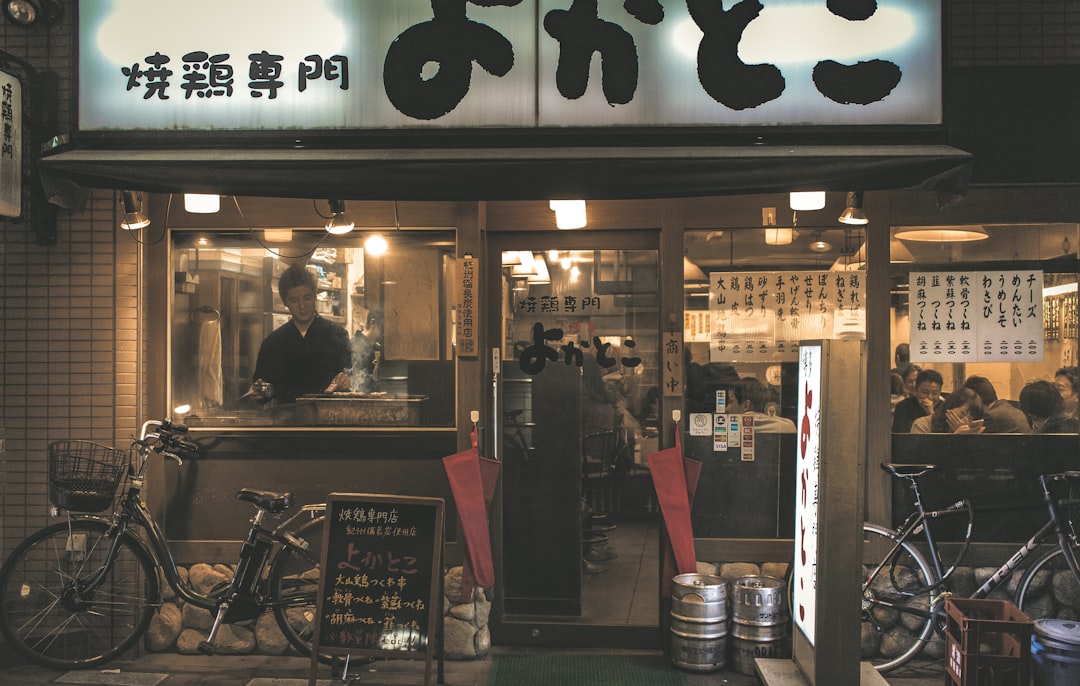
One of the best ways to save money on dining in Japan is to take advantage of the country's amazing cheap eats. Ramen and convenience store cuisine offer tasty, filling meals for just a few hundred yen.
Ramen originated in China but has become an iconic dish in Japan. These steamy bowls of noodles swimming in rich, flavored broth can be found for as little as 500-800 yen (about $5-$8). Options range from hearty miso to spicy tan tan to creamy tonkotsu broths, with a variety of noodle styles and toppings. Ramen joints range from standing bars to cozy shops, letting you customize your bowl. Tokyo favorites include Ramen Street inside Tokyo Station and Ichiran's solo dining booths where you can focus on slurping noodles.
While instant ramen makes for a fast dorm room dinner, fresh ramen in Japan offers way more depth of flavor. Spend the same amount on a steamy bowl packed with veggies, pork, egg, and more. Just be prepared to wait in line at popular shops! Part of the fun is watching the masters at work, boiling broth and slicing meat in their open kitchens.
Beyond ramen, Japanese convenience stores offer a goldmine of budget noshing. The big chains like 7-Eleven, Lawson, and Family Mart have perfected grab-and-go cuisine. You can get fresh sandwiches, salads, noodles, bento boxes, and hot snacks for under 500 yen. The varieties change seasonally, so there's always something new to try.
Convenience stores also sell fun regional snacks, candies, and drinks. Sample sweet oden, fish-shaped pastries, mochi treats, or creamy desserts. Quench your thirst with unique KitKats, Coke flavors, vitamin waters, or hot and cold tea and coffee. Part of the experience is wandering the aisles and coolers and discovering new flavors and foods.
The key is to scope out what's on offer and sample freely. Mix up ramen shops and convenience stores for the ultimate variety at rock bottom rates. Don't deny your cravings - have ramen multiple times per day! Tokyo alone has over 5,000 ramen shops.
Many restaurants also offer affordable set meals at lunchtime, combos that include salad, main, rice, miso soup, and umeshu plum wine. Japanese fast food like Yoshinoya beef bowls deliver filling meals for under $10.
Izakaya bistros serve small tapas-style plates perfect for sharing, with beer, sake, and shochu on the menu. Even upscale sushi shops have varied price points if you go at lunch or happy hour.
So don't limit yourself to just ramen. Japan dazzles with all kinds of cheap eats beyond the instant noodles you cook back home. Spend time perusing menus outside shops, looking for daily specials and combo deals. Check big stations and malls for food halls and basement markets.
What else is in this post?
- Konnichiwa Savings: 17 Clever Ways to Stretch Your Yen in Japan - Cheap Eats: Ramen and Convenience Store Cuisine
- Konnichiwa Savings: 17 Clever Ways to Stretch Your Yen in Japan - Public Transportation: The Affordable Way to Get Around
- Konnichiwa Savings: 17 Clever Ways to Stretch Your Yen in Japan - Lodging Bargains: Capsule Hotels and Guesthouses
- Konnichiwa Savings: 17 Clever Ways to Stretch Your Yen in Japan - Free Sightseeing: Shrines, Temples and Parks
- Konnichiwa Savings: 17 Clever Ways to Stretch Your Yen in Japan - Shopping Sales: When and Where to Find Deals
- Konnichiwa Savings: 17 Clever Ways to Stretch Your Yen in Japan - WiFi Cafes: Relax and Connect for Free
- Konnichiwa Savings: 17 Clever Ways to Stretch Your Yen in Japan - Nightlife Discounts: Happy Hour and Late Night Specials
Konnichiwa Savings: 17 Clever Ways to Stretch Your Yen in Japan - Public Transportation: The Affordable Way to Get Around
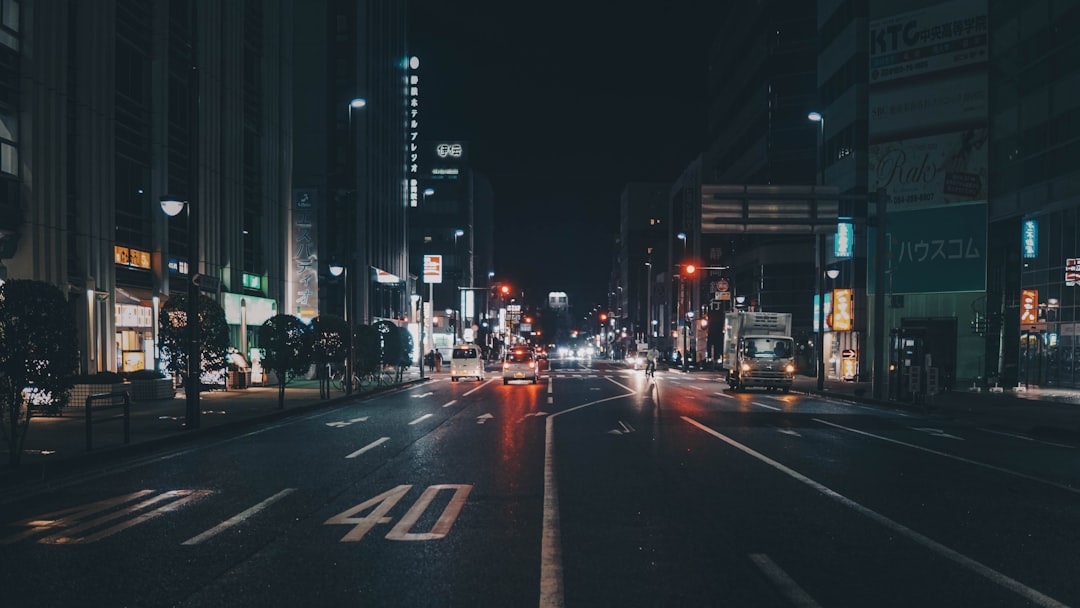
First, the iconic Japanese bullet trains or shinkansen connect all the major cities at speeds up to 320km/hr. A Tokyo to Osaka roundtrip ticket costs around $150-300 one-way if booked a few months in advance. That’s comparable to a budget flight but with more legroom and scenic views. Regional rail lines like JR link smaller cities and are covered by the Japan Rail Pass.
Buses seamlessly connect the dots where trains don’t run. Overnight buses between cities have reclining seats for catching z’s on the move. Local buses cover rural destinations and cost just a couple bucks per ride.
Subways and trams make navigating massive cities like Tokyo and Osaka a breeze. Fares start around $1-2. Suica and Pasmo rechargeable cards are taps away from entering stations and can be used across all transport modes.
The key to affordability is Japan’s IC card system. Cards like Suica act as passes across trains, buses and subways. They automatically deduct fares and give discounts when transferring lines. For short trips under 2 hours, fares max out around $5-7 no matter how many transfers.
Compare that to New York’s $2.75 per ride that adds up fast. Japan’s system rewards you for multi-transit trips with an affordable flat rate. Unlimited daily packages let you ride as much as you want within a zone.
For just $10-15, you can take unlimited rides to hit all of Tokyo or Kyoto's top sites in a day. Way cheaper than a taxi tour or paying individual fares.
Walkers can buy discounted one-way tickets from machines to avoid lines. But getting an IC card is highly recommended for ease of use. Cards can be returned for a refund at the end of your trip.
Another key to saving is avoiding rush hour when possible. Fares are slightly higher at peak times, but more importantly, crammed trains and buses are stressful. Opt for mid-morning and mid-afternoon travel. Or jet across town during rush hour gaps.
Konnichiwa Savings: 17 Clever Ways to Stretch Your Yen in Japan - Lodging Bargains: Capsule Hotels and Guesthouses
Capsule hotels originated in Japan for businessmen working late. The famous Nakagin Capsule Tower in Tokyo set the standard back in the 1970s. Today capsule hotels have expanded across cities and provide an affordable, quirky stay.
The capsules are essentially stacked sleeping pods, just big enough for a bed and TV inside. Most contain WiFi, adjustable lighting, AC, and alarm clocks. Some even have ultra-tiny en-suite bathrooms. Prices start around $30-50 per night.
While spartan, capsule hotels offer surprising comfort and privacy. Thick partitions mute noise if you share a pod with a snorer. Many larger hotels provide lounge areas, gaming zones, baths, saunas, and free amenities. You just sacrifice space to trim accommodation costs.
Capsule hotels suit solo travelers and pairs fine with the compact pods. Major chains like Nine Hours and First Cabin have multiple locations across Tokyo, Kyoto, Osaka, and other cities. Check individual hotel pages for capsule dimensions to confirm your fit. Women-only floors provide added security.
Beyond capsules, guesthouses provide a social stay with shared dorms or private rooms on a budget. Japan has a thriving network of guesthouses known as "minshuku". These family-run lodgings blend homestay hospitality with hotel amenities.
Minshuku originated as family inns in the countryside. Today you can find minshuku in cities too. Rates range from $20-60 per night for dorms or basic private rooms. You get comfortable futon bedding, communal baths, and breakfast/dinner for a few extra dollars.
Top minshuku picks include K's House and Backpackers Japan chains found across the country. Guest interaction varies but minshuku hosts are eager to share local tips and experiences. Travelers rave about the inviting atmosphere.
Staying at a guesthouse or capsule hotel lets you mingle with residents and fellow backpackers. You gain insights from chatting that enhance your Japan experience. Of course, opt for hotel privacy when needed but try communal lodging for a few nights.
Joining local life doesn't mean skimping on comfort. Guesthouses boast lounges, cafes, and entertainment like karaoke and game nights. You can cook in communal kitchens or get laundry service. Some urban guesthouses even feature zen gardens, cat cafes, and rooftop terraces.
Konnichiwa Savings: 17 Clever Ways to Stretch Your Yen in Japan - Free Sightseeing: Shrines, Temples and Parks
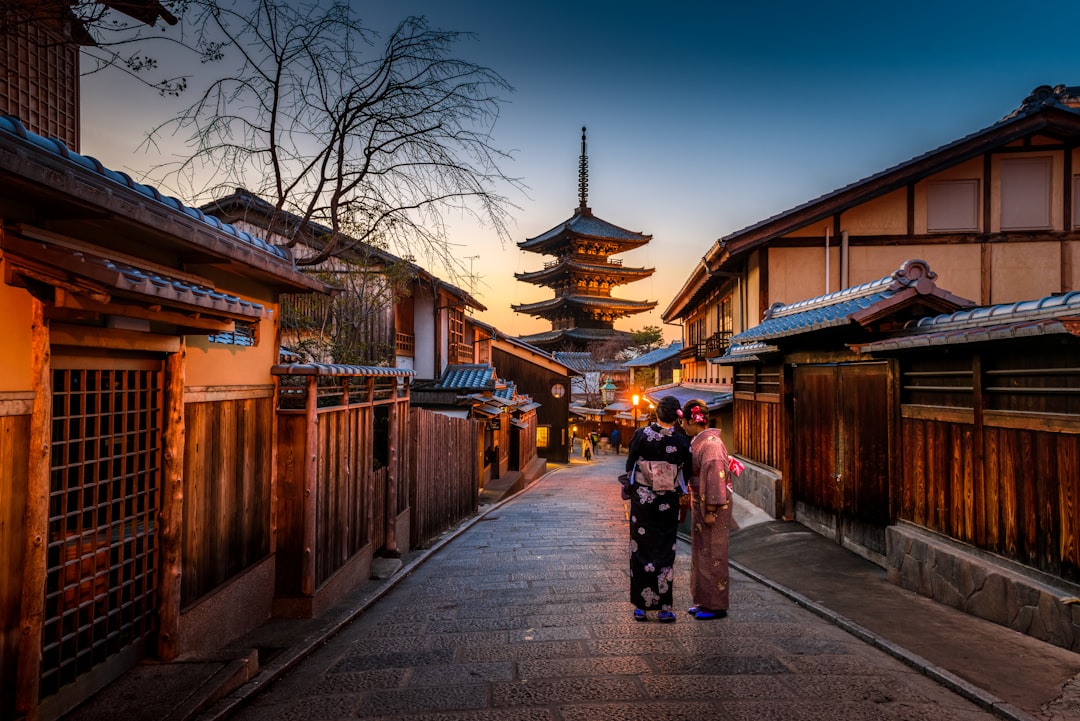
One of the best parts of traveling in Japan is taking in the astounding shrines, temples, gardens and parks for free. With a rich cultural history spanning over a millennium, Japan dazzles visitors with historic sites paired with serene nature.
Start by exploring famous Shinto shrines like Meiji Jingu in Tokyo, Fushimi Inari Taisha in Kyoto and Tsurugaoka Hachimangu in Kamakura. Tranquil oases in the city, Shinto shrines display distinctive vermilion-lacquered architecture. Follow purification rituals by washing hands and sipping sacred water before passing under towering torii gates. Marvel at ornate carvings, sweeping roofs and perfectly manicured grounds. Ringing bells, clapping, and leaving offerings provide a symbolic way to engage and show respect. Don't miss the mesmerizing experience of watching shrine maidens perform ceremonial dances dressed in elegant kimono.
In contrast, Buddhism inspires a more somber, contemplative vibe at temples like Kiyomizu-dera in Kyoto and Senso-ji in Tokyo. Admire masterful carpentry on temple structures and gates, with stacked pagodas piercing the sky. The smoky scent of incense fills hallways lined with gold leaf screens and statues. Spinning ceiling-hung papers at Asakusa's Senso-ji represent modern hopes and dreams. Striking red pagodas and mossy gardens encourage reflection at iconic sites like Kinkaku-ji.
Beyond organized religion, Japan's well-funded public parks provide Zen respite within the concrete jungle. Ueno Koen in Tokyo spans museums, shrines, and zoos interspersed with lotus ponds and tea houses. Rikugien's meticulously tended trees surround a calm garden lake, framed by hills. Riverside Nakanoshima Park in Osaka delivers lunch picnics with city views.
The Imperial Palace East Gardens in Tokyo open a window into the secretive royal residence with divine trees and ruins that survived wars and fires. Traditional Japanese garden design fully unfolds at UNESCO World Heritage Site Kenroku-en in Kanazawa. Here, ponds, hills, teahouses and waterfalls unite in perfect harmony.
The best part of shrines, temples and parks? Entrance to most is completely free or just a nominal fee around $3-6. Only a few of the most famous temples charge entrance fees up to $10. Otherwise, you are welcome to roam and relax for the price of contemplation. Avoid overcrowding at famous sites by mixing marquee names with lesser-known local gems suggested by your ryokan or tour guide.
Wandering these sanctuaries and gardens profoundly connects you to Japanese culture in an authentic way museums don't match. The mesmerizing rituals, dizzying architecture and tranquility transport you out of the modern world. Visitors say these are must-do experiences that linger as indelible memories. They offer complete escape from urban life's constant noise and haste.
Konnichiwa Savings: 17 Clever Ways to Stretch Your Yen in Japan - Shopping Sales: When and Where to Find Deals
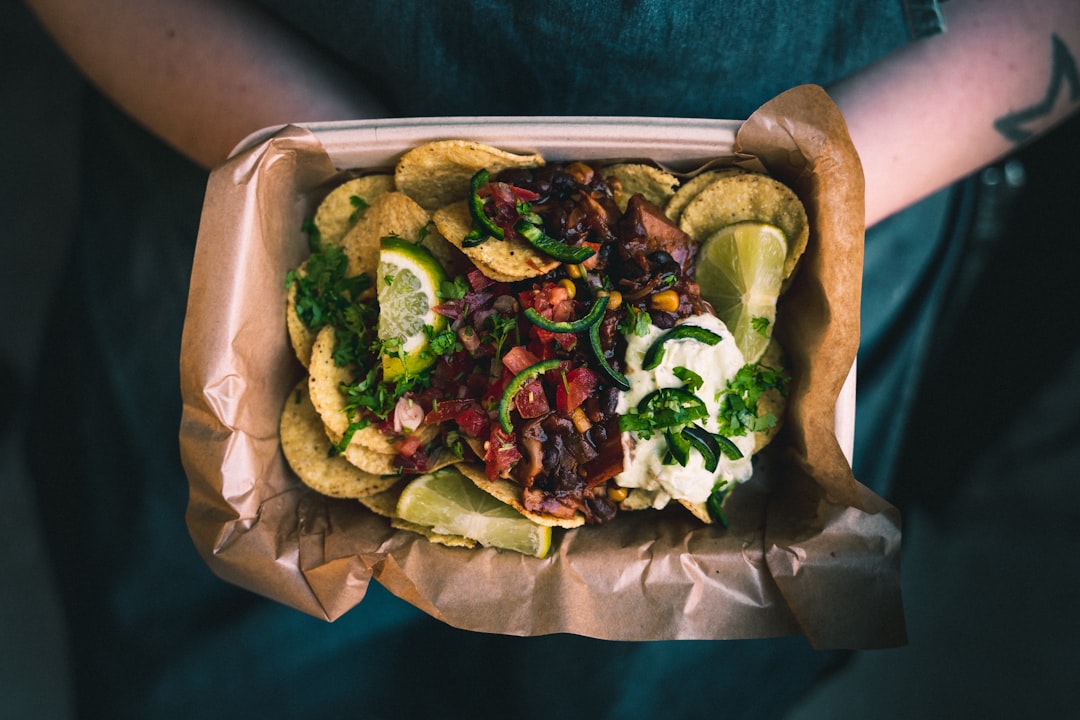
Japan dazzles shoppers with its incredible array of products, from anime figures to fine knives to quirky household gadgets. But high taxes can drive up prices on imported goods. Luckily, Japan’s department stores host regular sales called “fukubukuro” that let you score insane deals.
Department stores dedicate entire floors to luxury brands, cosmetics, electronics, toys, clothing, accessories, and foods. Top names include Mitsukoshi, Takashimaya, Isetan, Seibu, and Hankyu. At New Year’s, they sell grab bags called “fukubukuro” stuffed with random goods from each brand. The only catch - you can’t see what’s inside before buying.
Fukubukuro traditionally sell for around 10,000 yen, though some luxe stores like Takashimaya do 100,000+ yen bags. At those prices, the minimum value of items inside is 2-5x what you pay. So if a 10,000 yen bag contains a $100 wallet, $150 scarf, $75 bracelet, and $50 makeup kit, you’ve scored $375 worth for under $100! Brands include Coach, YSL, Shu Uemura, Nintendo and more at deep discounts.
Some patience is required, as fukubukuro lines start hours before stores open. But the savings easily justify camping out. Many stores now let you reserve bags online for pickup. Either way, go as early as possible as the best bags sell out fast. Check individual store sites for reservation policies.
While the New Year’s rush offers the steepest deals, sales happen year-round too. Look for mid-year sales in July and back to school sales in September. Sign up for member cards to get coupons and pre-sale invites. Mall-wide sales like “Ladies’ Day” on the second Friday of the month tout special discounts.
Hit outlet malls called “Bicester Village” clustered near Tokyo and Osaka. Here, Burberry, Gucci, Prada and more sell last season’s stock at 30-70% off. Tax-free counters boost savings for tourists.
Trendy teen fashion districts like Shibuya 109 and Harajuku's Takeshita Street host sidewalk sales. Vintage boutiques in Shimokitazawa and Koenji offer throwback styles sans import markups. Find deals on anime goods in Akihabara and kitchenware in Kappabashi.
Scope out 100 yen stores like Daiso and Can Do for fun souvenirs under $1. Discount grocery stores offer cheap snacks, sake, and produce. Bargain basements in mall department stores house budget kimonos and apparel.
Konnichiwa Savings: 17 Clever Ways to Stretch Your Yen in Japan - WiFi Cafes: Relax and Connect for Free
In our always-on era, staying connected even during vacation is a must for many travelers. Luckily Japan makes it easy with free public WiFi and cozy cafes on every corner. Sip coffee and snack on sweets while you recharge - without blowing your budget.
Japan launched a free nationwide WiFi service called Japan Connected-free WiFi that lets you log on easily across the country. Over half a million hotspots exist at busy train stations, major tourist sites, convenience stores, fast food joints, and more. Just connect to the network and register with an email. Speeds suit basic web browsing, travel planning, messaging, and light work. But don't expect to stream HD Netflix.
Beyond the public network, cafes offer their own speedy WiFi with the purchase of a drink. Top picks include ubiquitous chains like Starbucks, Tully's, and Doutor Coffee. A basic coffee or tea costs around 400-600 yen ($3-5) for unlimited WiFi access. Snag a booth, grab an outlet, and you've got an instant coworking space. The ambient buzz provides a pleasant backdrop for cranking through emails or researching your upcoming travels.
For a more authentic scene, find a cozy corner at local kissaten cafes. Vintage decor and strong drip coffee conjure Japan's postwar Showa era. Chains like Hoshino offer tiered set meals from breakfast through dinner paired with drinks. Linger for hours and no one minds.
Maid cafes provide cultural novelty with costumed waitresses entertaining patrons with songs, games and conversation. Some maid cafes like @Home Cafe let you reserve a private room decked out like a bedroom or office if you need privacy. Themed cafes range from cat, rabbit and owl interactions to ninja haunts to VR gaming dens.
Cafes make convenient bases between sightseeing stops to consult maps or post photos using the speedy networks. Many cafes now offer power outlets or battery packs to stay juiced up. Treat yourself to an iced matcha latte and dessert crepe while planning tomorrow's itinerary.
Konnichiwa Savings: 17 Clever Ways to Stretch Your Yen in Japan - Nightlife Discounts: Happy Hour and Late Night Specials
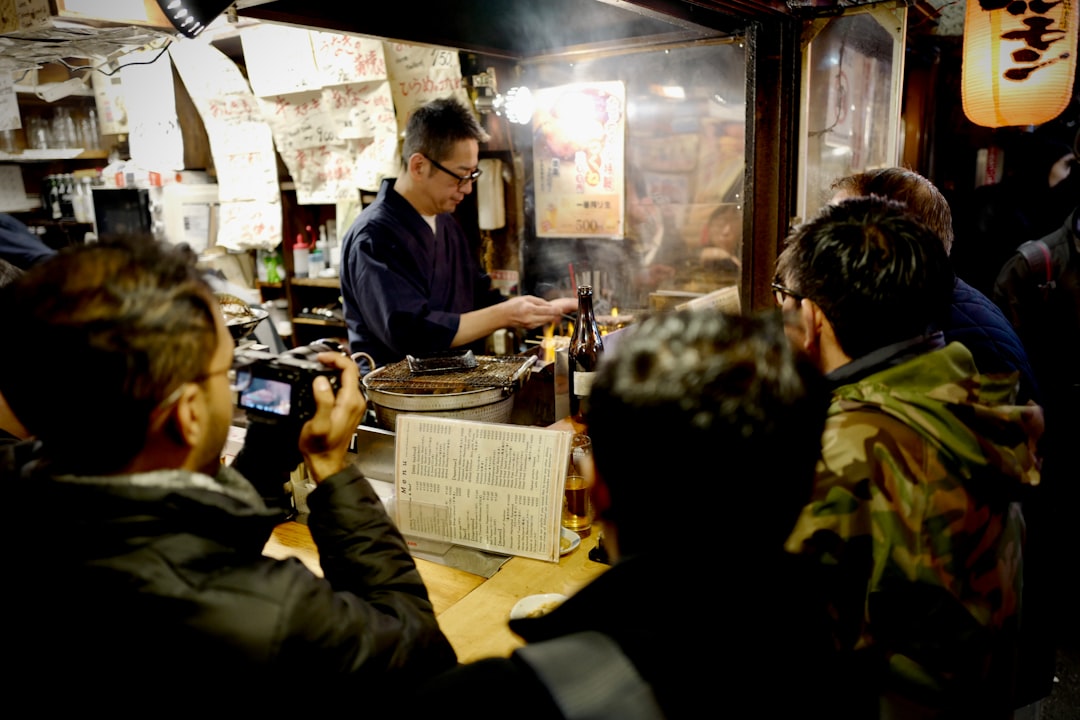
After long days exploring temples and shrines, nightlife in Japan beckons. Izakaya pubs dish up beer, sake cocktails and small plates perfect for sharing. At clubs, DJs spin EDM while patrons show off viral dance moves. Karaoke bars let you belt out J-pop favorites. But hefty bar tabs quickly devour travel budgets. Lucky for us night owls, Japan's after-dark scene overflows with happy hours, late night specials and discount insider tips. You just need to know where to look.
My favorite way to start an evening out in Japan is by hitting up happy hour at An Izakaya pub. Half priced drinks and bar bites from around 5-7pm every night make it easy to sample top shelf sake and whisky without draining your wallet. Load up on sticks of yakitori chicken, crispy karaage fried chicken, edamame beans and gyoza dumplings to line your stomach. Salty skewers and deep fried bites soak up the alcohol and cost just 100-300 yen each. Sit at the bar to chat with the owner and regulars and you'll pick up buzz-worthy spots. Late night, look for blue curtains over doorways that signify bars are open until morning.
Dance club entry ranges 500-3000 yen but danced out partiers know the real parties start after midnight when covers and drinks are half price. Follow the locals lead and pregame at combini convenience stores. Sip on chu-hi cocktails, beer and nihonshu sake purchased for under 500 yen per can. Clubs like Ageha near Tokyo draw over 10,000 revelers with guest international DJs and multiple floors. Mega-clubs often waive cover charges for women to create a balanced crowd. For a chill vibe, Day Trip and Circus Osaka are LGBT+ friendly venues open until 5am.
Sing the night away with karaoke by the hour that includes endless musical selections and room service. Book a discounted late night time slot after 10pm for just 1000-1500 yen per person. Snag student deals and ladies' nights for even lower rates. Stock up on cheap drinks and snacks at the on-site konbini. FamilyMart offers karaoke attendees coupons for 20% off store purchases. Duet with new friends or see who can rap Baka Mitai faster. Late night deals let you stay as long as you want if rooms are available.
